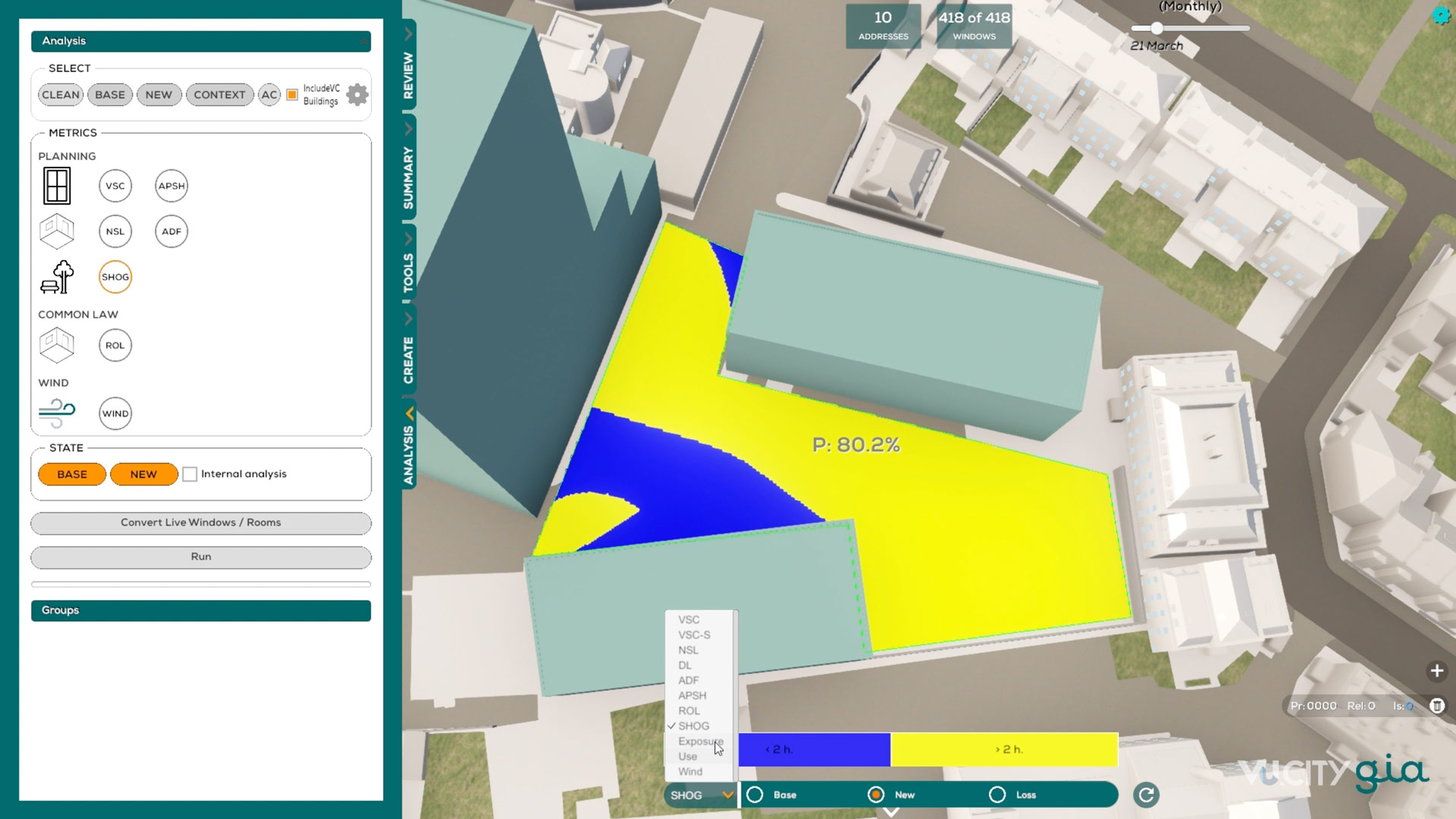As we delve into navigating the complex world of property ownership and development, comprehending surveying services is essential. Whether you are a homeowner, a property developer, or someone looking to invest in real estate, familiarity of surveying can prevent you hours, money, and potential legal headaches. From determining property boundaries to ensuring compliance with local zoning regulations, professional surveyors play a key role in different stages of land transactions and construction projects.
In this article, we will examine everything you need to know about surveying services. You will learn about the top reasons to hire a certified surveyor, what to expect during a land survey, and the differences between the many types of land surveys. Additionally, we will discuss how accurate surveying can avoid property disputes, support construction efforts, and protect your property rights. Whether you're thinking about a new purchase or embarking on a development project, grasping the intricacies of surveying is key to making informed decisions.
Why Hire a Experienced Surveyor?
In the realm of land transactions, building endeavors, or site development, hiring a professional surveyor is crucial for ensuring accuracy and conformity with legal standards. A certified surveyor possesses the required training to understand complex land use laws and regulations, which can considerably mitigate risks for property owners. Without this specialized knowledge, landowners may unknowingly break local zoning laws or misinterpret property boundaries, leading to costly disputes and delays.
Moreover, professional surveyors employ state-of-the-art technology and methodologies that provide exact measurements and comprehensive land assessments. Tools such as GPS and unmanned aerial vehicles allow them to capture data that would be hard or not practical to gather manually. This exceptional amount of precision is essential not only for determining property lines but also for organizing construction or subsequent property development projects. By leveraging the latest technology, professional surveyors can spot potential issues before they arise, preserving time and resources later.
Lastly, hiring a professional surveyor offers confidence. With their legal and technical expertise, surveyors can help landowners understand their privileges and responsibilities regarding property lines, easements, and land use. This assurance is priceless in preventing future property disputes and ensuring that any development meets regulatory requirements. By entrusting these responsibilities to a professional, property owners can focus on their projects with assurance, knowing that the surveying aspect is in trusted hands.
Types of Land Surveys
There exist multiple types of land surveys, each serving a distinct purpose. Boundary surveys are crucial for defining the precise lines that outline a property. This type of survey is frequently used in real estate transactions, guaranteeing that buyers and sellers are aware of the precise boundaries of the property in question. It provides a concise understanding of land ownership, which is essential in avoiding disputes with neighbors.
Topographic surveys concentrate on the contours and features of the land. They offer in-depth information about elevation and slopes, which is essential for construction projects and land development. By Sunlight Surveyors Addiscombe and man-made features on the land, topographical surveys facilitate planning for drainage, landscaping, and building placement, ensuring that the project aligns with the terrain.
Staking surveys for construction are yet another important type, utilized to identify specific points on a site to guide builders during construction. These surveys help ensure that structures are built in the right locations according to plans and specifications. This type of survey plays a critical role in synchronizing construction work with legal and regulatory standards, as well as avoiding costly mistakes during building.
Significance of Correct Surveying

Precise surveying is critical to making sure that property boundaries are clearly defined and observed. When land is surveyed accurately, property owners can securely engage in acquiring, divesting, or enhancing their land without the looming threat of legal disputes. An precise survey acts as a protection against encroachments and boundary conflicts, providing a unambiguous, expert assessment of where one property concludes and another starts. This clarity not only aids in preserving harmony among neighbors but also protects property rights, which are essential for any landowner.
In construction and construction, the role of accurate surveying cannot be overstated. Surveying services provide essential data that inform project strategy, design, and roll-out. From determining topographical features to providing boundary designations, precise surveying helps contractors, engineers, and architects create blueprints that respect local zoning laws and regulations while steering clear of potential legal issues. This not only facilitates the construction process but also ensures that projects are wrapped up smoothly and within statutory frameworks.
Additionally, the importance of precise surveying extends into environmental considerations and land use planning. With the expanding focus on sustainable development, precise surveys provide essential information about land characteristics that influence environmental impact assessments. By understanding the details of the land, such as flood zones and easements, decision-makers can make informed choices that promote sustainable land use and development. Ultimately, spending on accurate surveying services translates to long-term savings, better land management, and a reduction in potential future conflicts.
